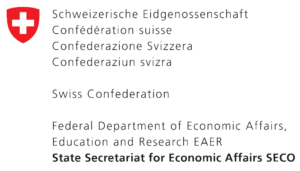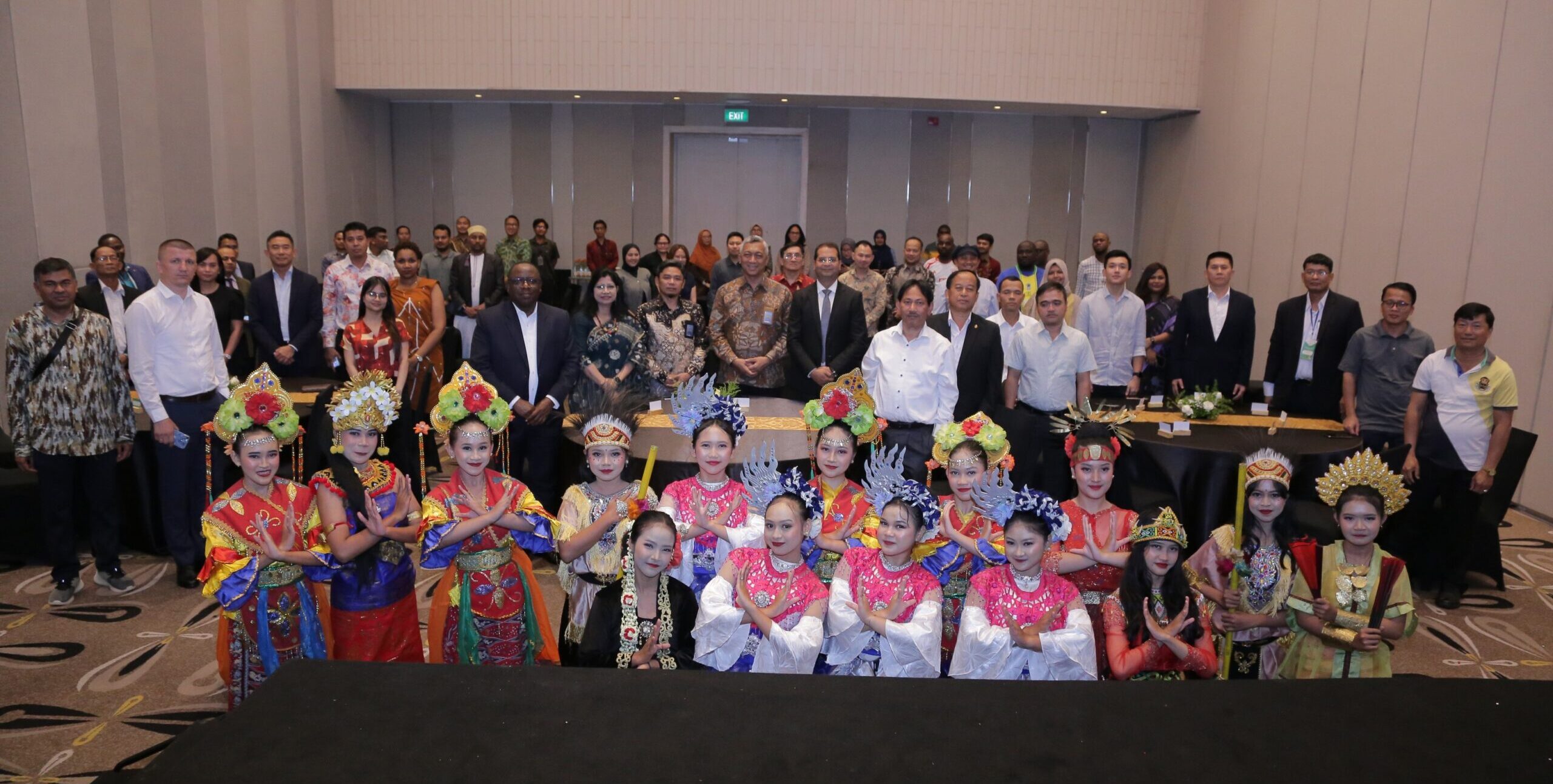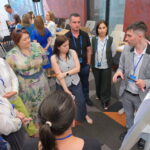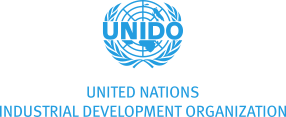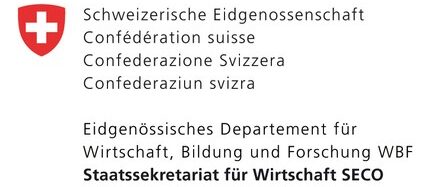Jakarta, 14 August 2025 — UNIDO Indonesia, in partnership with local stakeholders, hosted a four-day Exposure Visit workshop from 11 to 14 August under the Global Eco-Industrial Parks Programme Phase II (GEIPP II). The event welcomed delegations from Bangladesh, Cambodia, Moldova, and Tanzania—countries participating in the programme’s Light Activities.
The workshop aimed to foster dialogue, share knowledge, and promote peer learning on the development of Eco-Industrial Parks (EIPs). Delegates examined Indonesia’s policy advancements, exchanged experiences from their respective countries, and visited pilot industrial parks to observe sustainable practices in action.
Indonesia’s Role in GEIPP II
GEIPP, launched in 2018 by UNIDO with support from the Swiss Government through SECO, seeks to transform traditional industrial parks into EIPs that improve resource efficiency and support sustainable industrial growth. Following the success of Phase I in seven countries, Phase II began in 2023, expanding the initiative to five additional nations through Light Activities.
Indonesia was selected to host the Exposure Visit due to its progress in implementing EIP principles. GEIPP II in Indonesia focuses on integrating circular economy practices, reducing industrial climate impact, and enhancing the resilience of industrial zones. The programme aligns with Indonesia’s national climate goals and Net Zero commitments.
Participants gained insights into Indonesia’s regulatory frameworks, policy strategies, and implementation efforts. The visit also facilitated peer-to-peer learning among policymakers, industry leaders, and development partners, strengthening international cooperation
Workshop Highlights
The event opened with remarks from UNIDO, SECO, and the Indonesian Ministry of Industry, followed by technical sessions on global EIP frameworks, policy development, and best practices. Dr. Marco Kamiya, UNIDO Country Representative for Indonesia, the Philippines, and Timor-Leste, emphasized the dual benefits of EIPs: “Eco-Industrial Parks demonstrate how economic development and environmental responsibility can go hand in hand.”
Representatives from Indonesia’s pilot parks—MM2100 Industrial Town, BATAMINDO Industrial Park, Karawang International Industrial City (KIIC), and Greenland International Industrial Center (GIIC) Kota Deltamas—shared their experiences and challenges in applying EIP principles. Delegates from visiting countries also contributed insights from their own industrial zones.
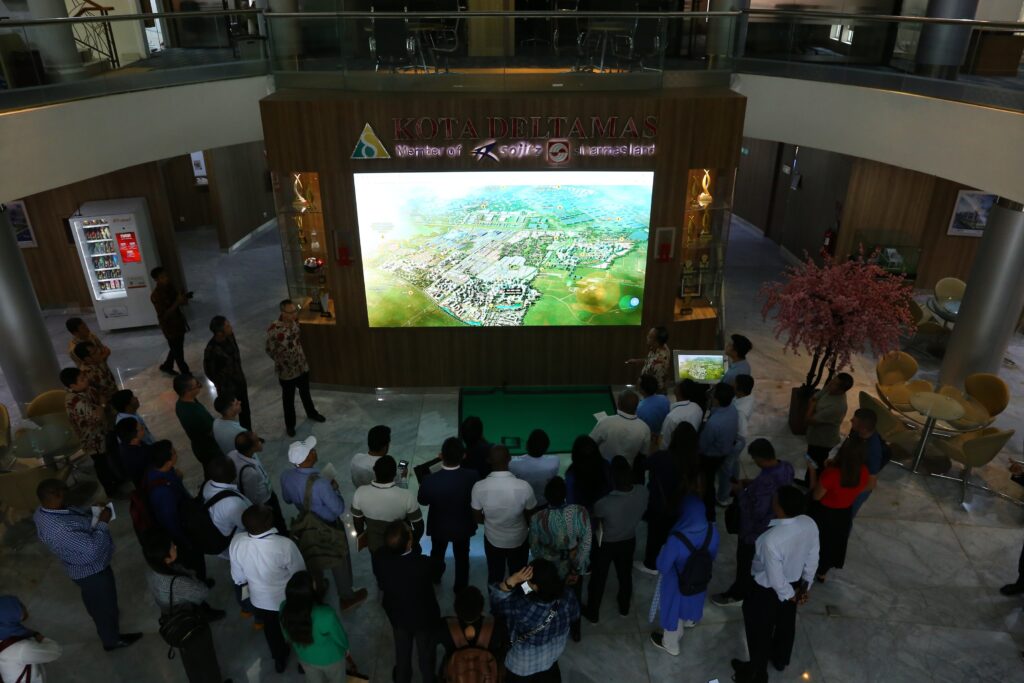
Field Visits: Learning from Practice
On the final two days, participants toured three pilot parks in West Java. At MM2100, they observed a nature-based wastewater treatment system and visited a vocational school training youth in industry-relevant skills. KIIC showcased its biodiversity conservation efforts, while GIIC Kota Deltamas presented advanced infrastructure, including a wastewater recycling facility and a security and fire command center.
These visits offered concrete examples of how industrial parks can balance competitiveness with environmental stewardship.
Strengthening Global Collaboration
The workshop concluded with participants identifying opportunities for collaboration and knowledge exchange to further the EIP model globally. One delegate noted, “Indonesia’s experience shows that with the right policies, partnerships, and commitment, Eco-Industrial Parks can contribute to national climate strategies while also supporting local development.”
The Exposure Visit reaffirmed the importance of international cooperation in scaling up sustainable industrial practices across GEIPP partner countries.

